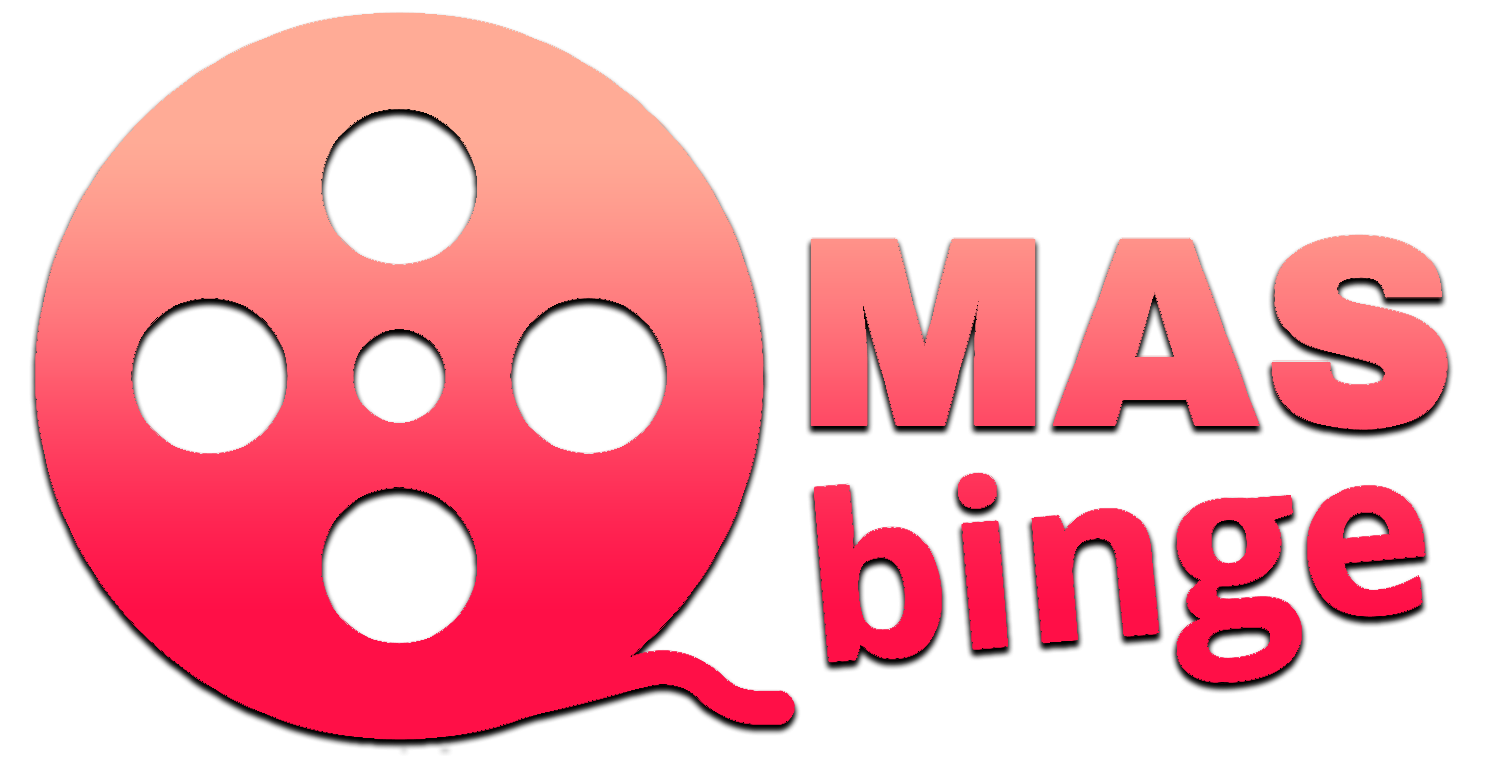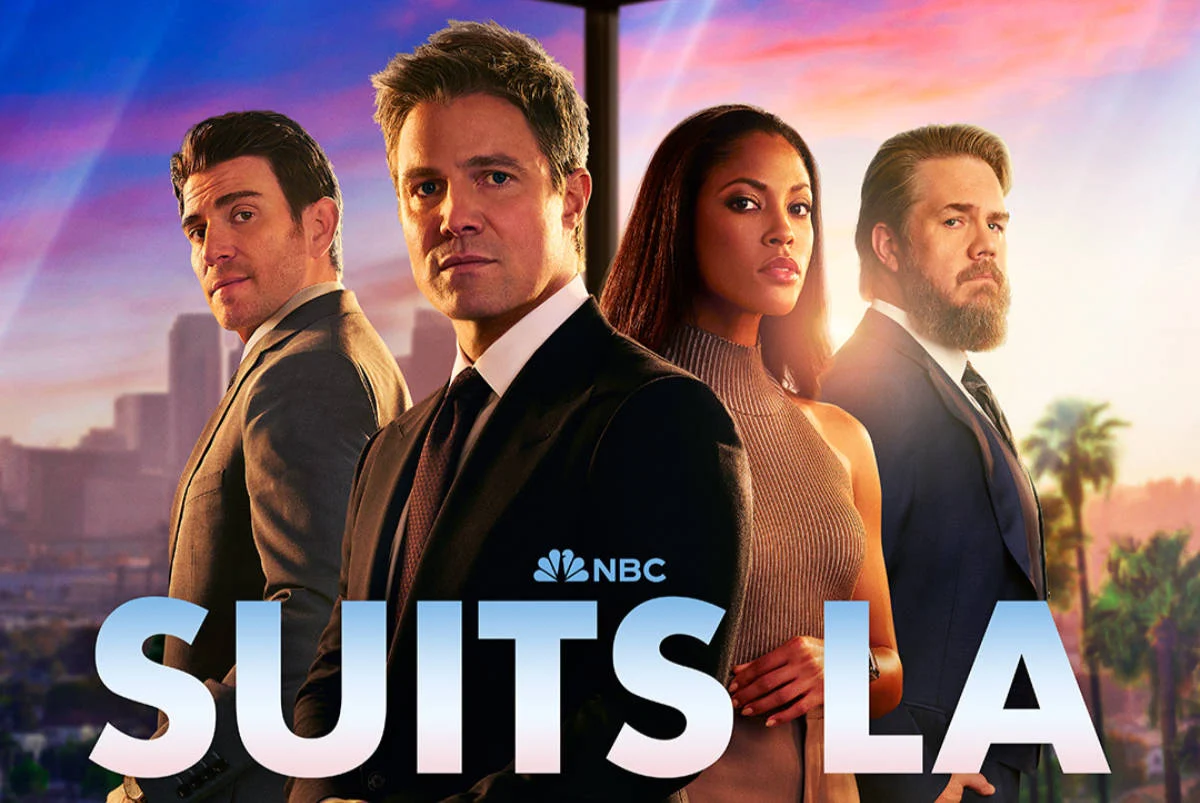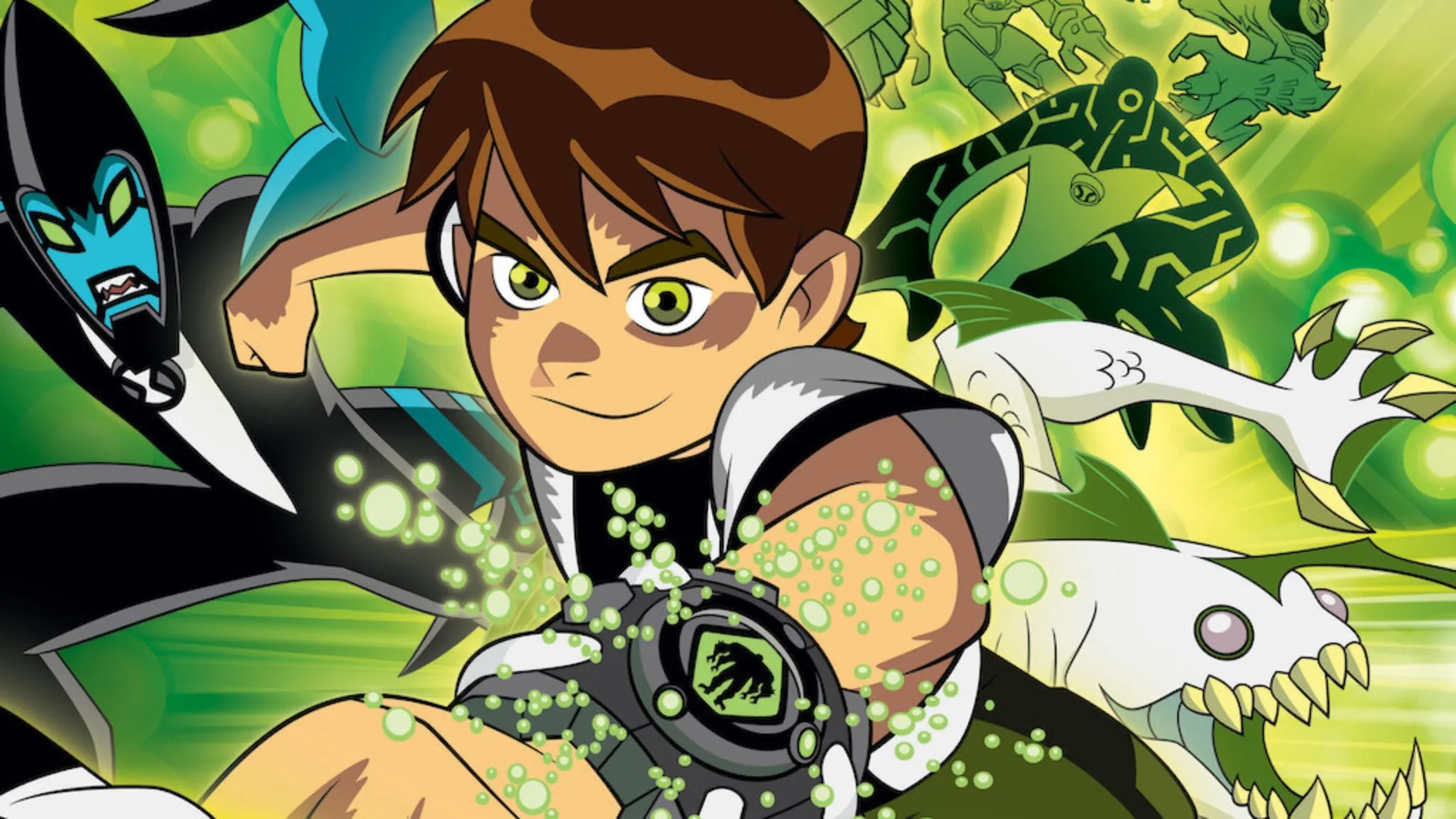A Touch Rushed”: Why Upload’s Final Season Left Fans Feeling Short-Circuited

The Amazon Prime Video series Upload—a sci-fi dramedy that brilliantly blended The Good Place’s sharp humor with Black Mirror’s chilling dystopia—has concluded its run with a four-episode final season. While fans were grateful to receive a proper ending, the overwhelming consensus is that the show was abruptly canceled, and its highly condensed final season was simply not enough to fully resolve its complex web of romantic, corporate, and political mysteries.
The result is a farewell that, despite its emotional moments, left many viewers deeply dissatisfied with an ending that felt both rushed and ambiguously open.
The Cancellation: A Short-Lived Send-Off
Upload, created by The Office’s Greg Daniels, was not canceled outright on a cliffhanger. Instead, after a long gap following Season 3, Amazon renewed the series for a fourth and final season. While a planned conclusion is always preferable to an unceremonious axing, the final order was a shocking four episodes.
For a show that built its narrative over seasons of 10, 7, and 8 episodes, condensing a massive plot—including the fate of two versions of Nathan Brown, the class revolt against the digital afterlife, Nora’s new role, and the future of sentient AI—into a mere four chapters proved a nearly impossible task.
The decision was likely a financial compromise. Despite the show’s consistent critical acclaim and passionate fanbase, the studio opted for a minimal-episode order to wrap up the story without committing to a full, expensive season.

Too Much Story, Too Little Time
The brevity of Season 4 led to a breakneck pace that critics and fans alike called “rushed” and “disjointed.”
– Glossing Over Major Plotlines: Significant, season-long conflicts—like the political machinations of David Choak and the corporate conspiracy that led to Nathan’s death—were resolved with surprising swiftness, feeling almost like afterthoughts. The full-scale corporate rebellion that the show had been building toward was essentially shrunk into a side plot.
– Wasted Character Arcs: Fan-favorite characters suffered the most. The fates of beloved characters like Luke and Aleesha felt abrupt, with major developments either happening off-screen or not being given the necessary emotional weight to land with the audience. The show introduced new, massive concepts, such as a rogue, profit-driven AI, which required more than four episodes to properly explore, distracting from the central romantic dynamic.
The season often felt less like a cohesive narrative and more like an executive summary of what should have been a 10-episode arc.
The Ambiguous Ending: Unearned Interpretation
The most significant point of fan dissatisfaction lies with the ambiguous conclusion to the central love story between Nathan and Nora.
[Warning: Spoilers for the Upload Finale Ahead]
The series culminates in the physical death of the “real” downloaded Nathan, but not before he is able to spend a perfect, emotional day with Nora and leave behind a digital ring containing his consciousness. The final scene sees Nora sitting in a café, looking down at the digital ring drive, a small smirk on her face.
This ending is open for interpretation:
– The Hopeful Read: Did Nora use the ring drive to upload him again? Can she eventually regrow a new physical body for him, as she has the technology to do now?
– The Bittersweet Read: Is the ring just a memento, a way for Nora to revisit their memories, suggesting their “happily ever after” will only exist as a shared moment in the past?
For many fans, this ambiguity felt like a creative cop-out, a decision to deny the main couple the tangible, earned resolution they had spent four seasons fighting for. The show’s heart was always the “will they/won’t they” dynamic, and to end their story on a question mark—especially after the emotional rollercoaster of their reunion—left viewers under-satisfied and craving the definitive closure that a full, properly paced final season could have delivered.
Ultimately, Upload’s four-episode swansong served as a painful reminder of the streaming landscape’s harsh realities: a brilliant, heartfelt show that was given just enough time to say goodbye, but not nearly enough to fulfill its epic potential.






